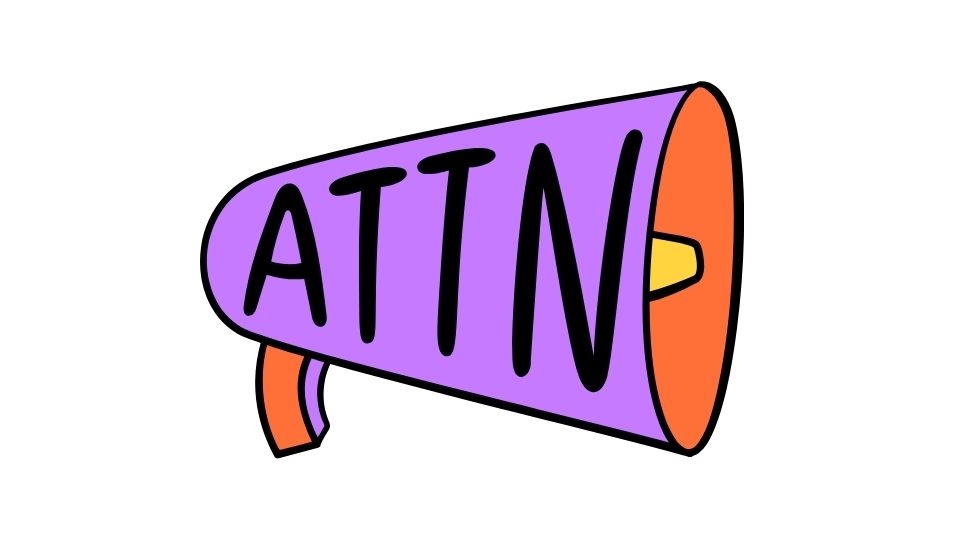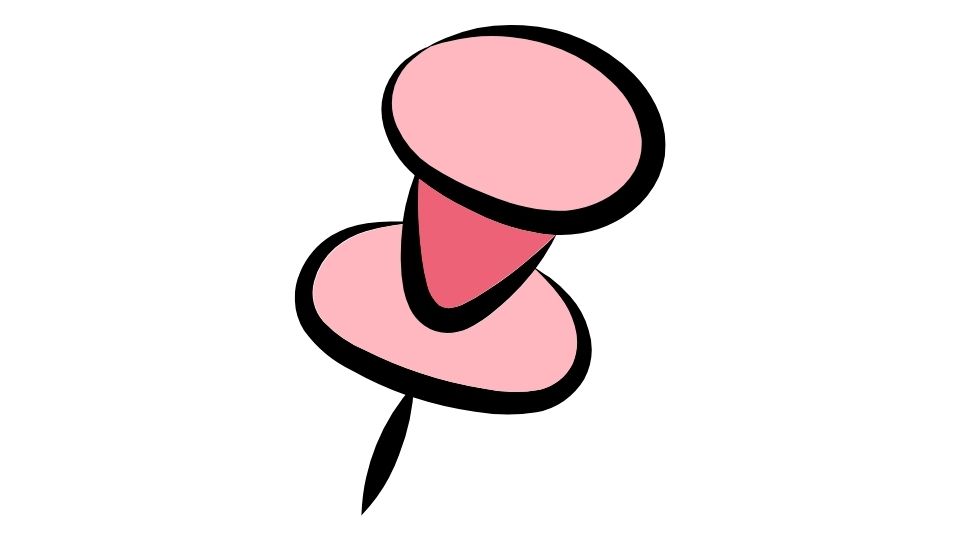Ever wondered if working in the industry that makes all the stuff you use up and replace constantly is a good career move?
Let me break down the consumer non-durables world – that’s your foods, drinks, toiletries, cleaning products, and all those other things you keep buying over and over again.
Spoiler alert: It’s a pretty solid career choice, and I’ll tell you exactly why.

Why Consumer Non-Durables Could Be Your Next Career Move
The global market for non-durable goods is absolutely massive – we’re talking about $12.5 trillion in 2023, projected to hit $17.8 trillion by 2032. That’s not just big money – that’s job security on steroids.
When you think about it, it makes perfect sense. People always need to eat, clean their homes, wash their hair, and wipe their well, you get the idea.
What Exactly Are Consumer Non-Durables?

Consumer non-durables are basically all the stuff you buy regularly that gets used up quickly:
- Food and beverages (your daily coffee addiction)
- Clothing and footwear (those socks with holes)
- Personal care products (deodorant – thank goodness)
- Cleaning supplies (for when your in-laws visit)
- Paper products (toilet paper – need I say more?)
- Pharmaceuticals (headache meds for Monday mornings)
- Other consumables you’re constantly replacing
Unlike your fridge or car that lasts for years, these products have a short lifespan by design. And that constant need for replacement? That’s job security for the people making, marketing, and selling them.
Why This Industry Is Booming Right Now
Several key trends are driving serious growth (and creating tons of jobs) in consumer non-durables:
Rising disposable income means people are splurging on premium products. That organic grass-fed butter isn’t buying itself!
E-commerce explosion is changing how these products reach consumers. Companies need smart people to figure out digital marketing and efficient shipping solutions.
Sustainability focus is creating entirely new product categories and roles. Someone’s gotta develop those biodegradable packaging materials and recycled plastic toothbrushes.
Post-pandemic shifts have people obsessed with hygiene products and online shopping. Hand sanitizer companies aren’t complaining!
Global economic growth means developing markets are demanding more consumer goods than ever before.
Career Paths That Pay The Bills (And Then Some)

The beauty of this industry is its diversity of roles. You could be:
Product Development Heroes
- Creating the next viral snack food
- Formulating longer-lasting perfumes
- Designing packaging that stands out on shelves
Manufacturing Magicians
- Ensuring production lines run efficiently
- Managing complex supply chains
- Implementing quality control that keeps customers safe
Marketing & Sales Rockstars
- Building brand awareness for new products
- Analyzing consumer behavior (why DO people buy so much stuff?)
- Developing innovative marketing campaigns that drive sales
Finance & Analytics Wizards
- Crunching numbers to optimize pricing
- Forecasting next quarter’s demand
- Finding cost savings in production
Show Me The Money
Let’s talk salary, because that’s what you really want to know.
The consumer non-durables sector is actually pretty generous with compensation:
- Brand Manager: $90,000 – $100,000+
- Director of Marketing: $120,000 – $150,000
- Product Development Manager: $100,000 – $120,000
- Supply Chain Manager: $100,000 – $110,000
- Pharmaceutical Financial Analyst: ~$99,890
- Creative Director: ~$82,510
Even entry-level positions often pay well above minimum wage, and there’s usually a clear path upward if you’re ambitious.
The pharmaceutical side of non-durables is particularly lucrative, with median salaries ranging from $73,000 to $100,000 and strong growth projections.
The Good, The Bad, and The Realistic

Why You Might Love It
- Rock-solid job security in an industry that’s basically recession-proof
- Tons of different career paths no matter your skill set or interests
- Competitive pay that gets better as you climb the ladder
- Meaningful impact on products people use every single day
- Innovation opportunities especially around sustainability
- Global experience working with international markets and suppliers
- Digital transformation creating exciting new roles in e-commerce
The Not-So-Sunny Side
- Fierce competition means pressure to perform (no coasting here)
- Economic ups and downs can affect certain sectors temporarily
- Some specialized roles require specific degrees or experience
- Fast-paced environment might not be everyone’s cup of tea
Is This The Right Career For You?
You might thrive in consumer non-durables if:
- You get excited about products that improve everyday life
- You enjoy fast-moving environments where things don’t get stale
- You’re passionate about sustainability initiatives and consumer health
- You have skills or interest in product development, supply chain, marketing, or finance
- You want global career opportunities that could take you anywhere
The Bottom Line

A career in consumer non-durables offers legitimate long-term growth, solid earning potential, and diverse paths forward. The market is expanding globally, consumers are more focused on health and sustainability than ever, and digital commerce is creating entirely new job categories.
Want to level up your prospects? Consider specialized education in supply chain management, marketing analytics, or consumer behavior psychology. Stay on top of emerging trends and you’ll be well-positioned in this stable yet dynamic industry.
While your friends working in tech might be sweating through the latest round of layoffs, you’ll be helping develop the next generation of products that everyone needs to buy again and again and again.




